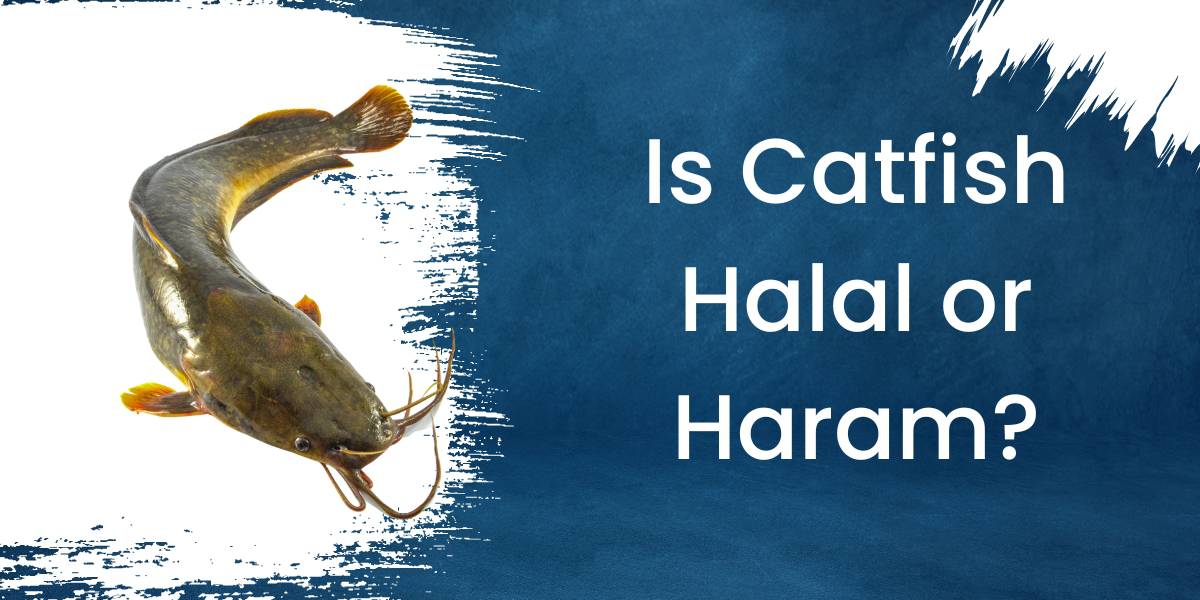In Islamic dietary laws, the concept of halal plays a crucial role in determining what can and cannot be consumed by Muslim individuals. The question of whether catfish is considered halal or not is one that has sparked debates within the community. With Prophet Muhammad emphasizing the importance of consuming fish, it becomes essential to understand where catfish fall into this category.
When it comes to fish, there are certain guidelines outlined in Islamic law that determine their permissibility for consumption. One key criterion is the presence of scales on the fish’s body. Scaled fish are generally considered halal, as they meet the requirements set forth by Islamic scholars.
However, when it comes to catfish specifically, there have been differing opinions among scholars from different schools of thought within Sunni and Shia Islam. According to some scholars, such as Imam Abu Hanifa and Mufti Mohammed Tosir Miah, catfish falls into the category of halal fish because it possesses scales.
On the other hand, some argue that while catfish do have small-scale-like structures called scutes along their bodies, they may not necessarily meet the requirement for being classified as scaled fish according to strict interpretations of Islamic law.
To add further complexity to this issue, there are also variations in opinions surrounding specific types of catfish such as Basa fish or Pangasius which belong to a different family than typical freshwater or saltwater catfish species found in Islamic countries.
The overarching principle behind these discussions lies in understanding whether an aquatic animal meets all necessary conditions established by religious authorities for being considered permissible for consumption by Muslim consumers. Factors such as habitat and anatomical features come into play during these deliberations.
Moreover, the discussion extends beyond just categorizing seafood; including lobsters, octopus, and crabs-where questions arise about animals having characteristics similar but lacking while still being permitted. In addition, Fatty Acid analysis points out similarities between seafood species like tuna, swordfish, and salmon(learn if salmon is halal?) to other land animals in their fat composition, making it a focused point of study.
Given the varying opinions from scholars and the need for a thorough understanding of fish classification and anatomy, it becomes essential for Muslim consumers to consult with religious authorities who specialize in fish (Islamic jurisprudence) or Islamic scholars knowledgeable on this matter. This enables individuals to make informed decisions regarding their food consumption while adhering to the principles outlined by Prophet Muhammad and Islamic law.

Is Catfish Halal in Sunni?
In Sunni Islam, the consensus is that seafood is considered halal (permissible), including catfish. This is based on a hadith narrated by Imam Ahmad Ibn Hanbal, in which the Prophet Muhammad mentioned that everything found in the sea is permissible to consume except for animals that die naturally without being slaughtered. However, it is important to note that there may be differing opinions among different schools of thought within Sunni Islam regarding specific methods of slaughter and whether certain types of seafood require certification or not. It is recommended for individuals to seek guidance from their local religious authorities or scholars for further clarification on any specific dietary restrictions they may have.
Is Catfish Halal in Shia?
According to Shia Islamic teachings, catfish is considered halal (permissible) to consume. This is similar to the Sunni perspective on seafood in general. In Islam, fish are generally allowed without any specific dietary restrictions apart from avoiding those species that are explicitly deemed haram (forbidden). Hence, catfish falls under the category of fish and is permissible for Shia Muslims to eat unless it has been contaminated or prepared with haram substances.
Is Catfish Halal in Hanafi?
According to the Hanafi school of thought in Islamic jurisprudence, catfish is considered halal. This is because catfish fall under the category of fish. The ruling may vary in other schools of thought, so individuals need to consult with a knowledgeable scholar from their respective school if they require further clarification on this matter.
Is Catfish Halal in Sistani?
According to the teachings of Ayatollah Sistani, catfish are considered halal (permissible) to consume.
Why Is Catfish Not Halal? OR Why Is Catfish Haram?
However, some scholars argue that catfish do not meet the criteria of being halal due to certain characteristics. These characteristics include the lack of scales on its body, as scales are one of the criteria for the permissibility of seafood in Islamic dietary laws.
Additionally, some scholars argue that catfish is a bottom-dwelling fish, and according to certain hadith (sayings of the Prophet Muhammad), bottom-dwelling fish are considered haram (forbidden) to consume.
It is important to note that different scholars may have different interpretations and rulings on this matter. Therefore, individuals should consult with their religious authorities to determine the permissibility of consuming catfish in their specific context and according to their own beliefs.

